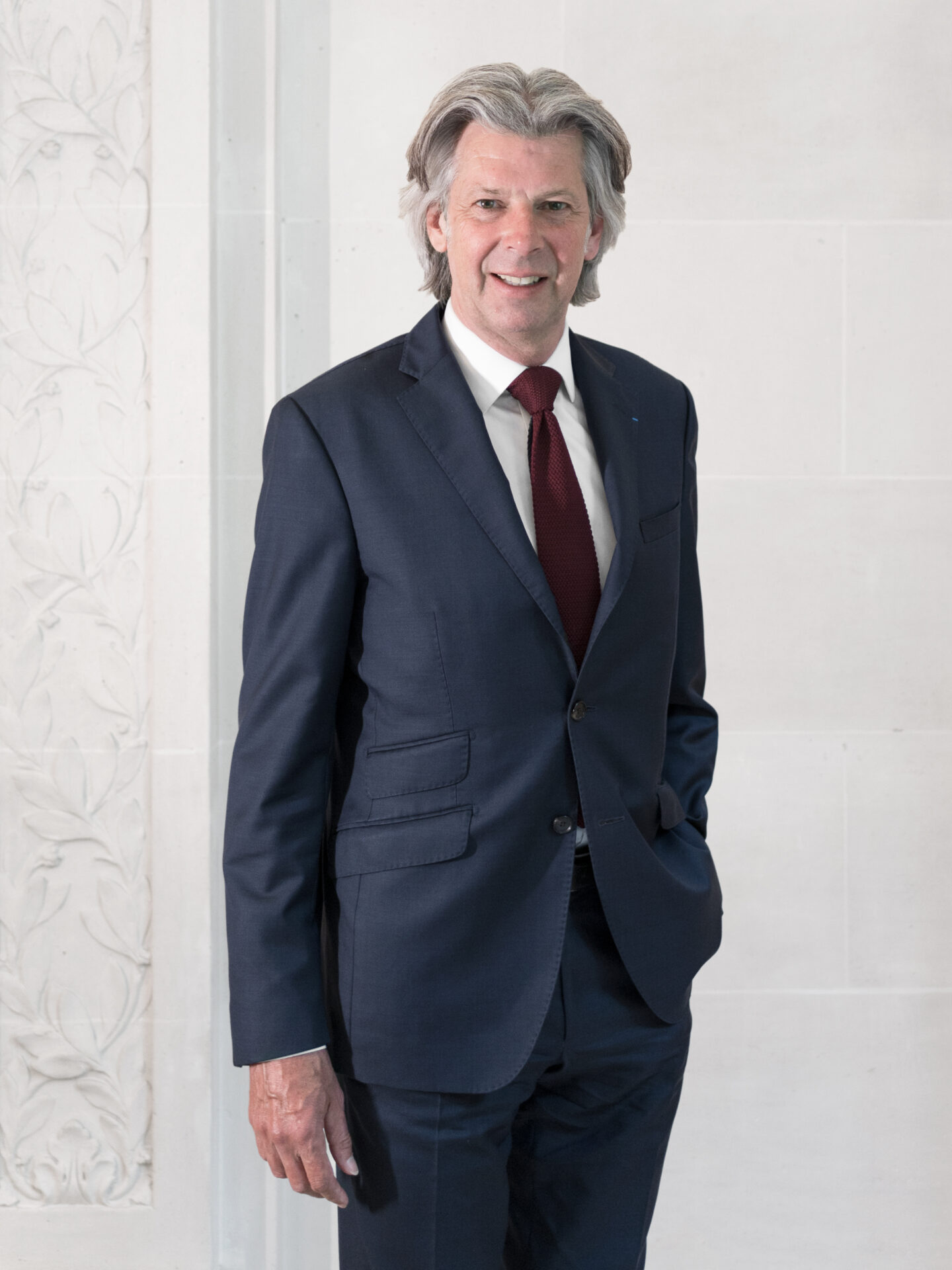By Jean Baptiste Guillot,Partner,
Multi-club ownership: between ethical considerations and economic interests
Multi-club ownership: between ethical considerations and economic interests
A large number of European professional football clubs are majority-owned by shareholders who also own other football clubs in other professional leagues. This phenomenon is known as multi-club ownership ("MCO"). However, as competition remains the DNA of the sports industry, the possibility that the same private entity or the same individual controls two rivals, means that there can be a risk for sporting integrity.
1 - MCO: a phenomenon on the rise
Half of all professional football clubs in the English Premier League and French Ligue 1, as well as a third of clubs in the Belgian and Italian first divisions, are affected by MCO.
MCO investors are mostly American funds or family offices, but also, more rarely, Middle Eastern, British or Chinese investors. These purchasers of European football clubs often hold interests in major clubs in sports other than football.
There are many reasons for the development of MCO: optimizing profitability, limiting the financial risks associated with sporting contingencies, exchanging and optimizing the value of players, pooling resources, synergies and knowledge-sharing, brand penetration.
2- The legal framework for MCO in France
The 2023/2024 French Ligue 1 championship thus includes nine clubs concerned by multi-club ownership. Recently, FC Lorient, acquired by American investor Bill Foley (Black Knight Football and Entertainment) and RC Strasbourg, bought by the group of US investors BlueCo (owner of Chelsea), have joined Paris Saint-Germain, Olympique Lyonnais, OGC Nice, AS Monaco, Toulouse FC, Clermont Foot 63 and RC Lens, all of which are owned by multi-club owners.
Multi-club ownership therefore concerns the situation in which an individual or a private entity holds shares in two or more football clubs.
In France, the provisions of article L.122-7 of the Sports Code specify that "It is forbidden for a single private person to exclusively or jointly control several sports companies whose social purpose concerns the same discipline, or to exercise a significant influence over them". This means that any private or public person is prohibited from directly or indirectly holding securities giving access to capital or conferring voting rights in a sports company whose social purpose concerns the same sporting discipline. The purpose of this text is to preserve the independence and competition between clubs, as well as the integrity of sporting competitions.
In France, MCO is thus framed by the Sports Code, which limits sports shareholding by prohibiting multi-club ownership in the same sporting discipline on national territory. However, there is nothing to prevent the majority shareholder of a French club from also owning other professional football clubs abroad. That's why this phenomenon is so controversial at European level.
3- MCO and the issue of European competitions
Article 5 of the European Competition Regulations of the Union of European Football Associations (UEFA) specifies that "No club participating in a UEFA club competition may, either directly or indirectly: hold or deal in the securities or shares of any other club participating in a UEFA club competition.
However, on July 7, 2023, the First Chamber of UEFA's Club Financial Control Board agreed, subject to certain conditions, that Aston Villa FC (England) and Vitória Sport Clube (Portugal), as well as Brighton & Hove Albion FC (England) and Royal Union Saint-Gilloise (Belgium), and finally AC Milan (Italy) and Toulouse FC (France), could take part in UEFA club competitions for the 2023/2024 season.
In order to participate in these competitions, the above-mentioned clubs (the "Clubs") have been obliged to accept the following rules:
- Clubs will not transfer players between themselves, either permanently or on loan, directly or indirectly, until September 2024;
- Clubs will not conclude any cooperation agreement, nor any technical or commercial agreements; and
- Clubs will not use any joint recruitment or player databases.
In practice, this decision authorizes Toulouse Football Club, owned by the American investment fund RedBird Capital Partners, like AC Milan, to participate in the Europa League at the same time in the first semester of 2024. Therefore, it seems that UEFA is keen to adopt a flexible application of the rules on multi-club ownership, raising numerous questions in terms of ethics and competition law (merger control in particular).
***
Lately, on July 25, the current Chairman of the Finance Commission of the French National Assembly, Eric Coquerel, questioned the French Minister for Sport and Olympic and Paralympic Games, Amélie Oudéa-Castéra, on the effects of UEFA's decision, which in his opinion contravenes with both the French Sports Code and UEFA's own regulations. On September 26, the Minister responded to this question, acknowledging that UEFA had made a pragmatic application of its article 5, and that a reflection must be carried out on an international scale and in common with European partners.

Jean-Baptiste Guillot
Partners
Jean-Baptiste Guillot handles mergers and acquisitions, strategic partnerships, commercial law, company law and contract law matters, with a particular focus on international transactions for Canadian, British and French companies.



